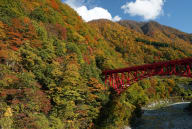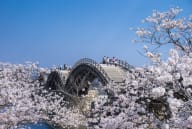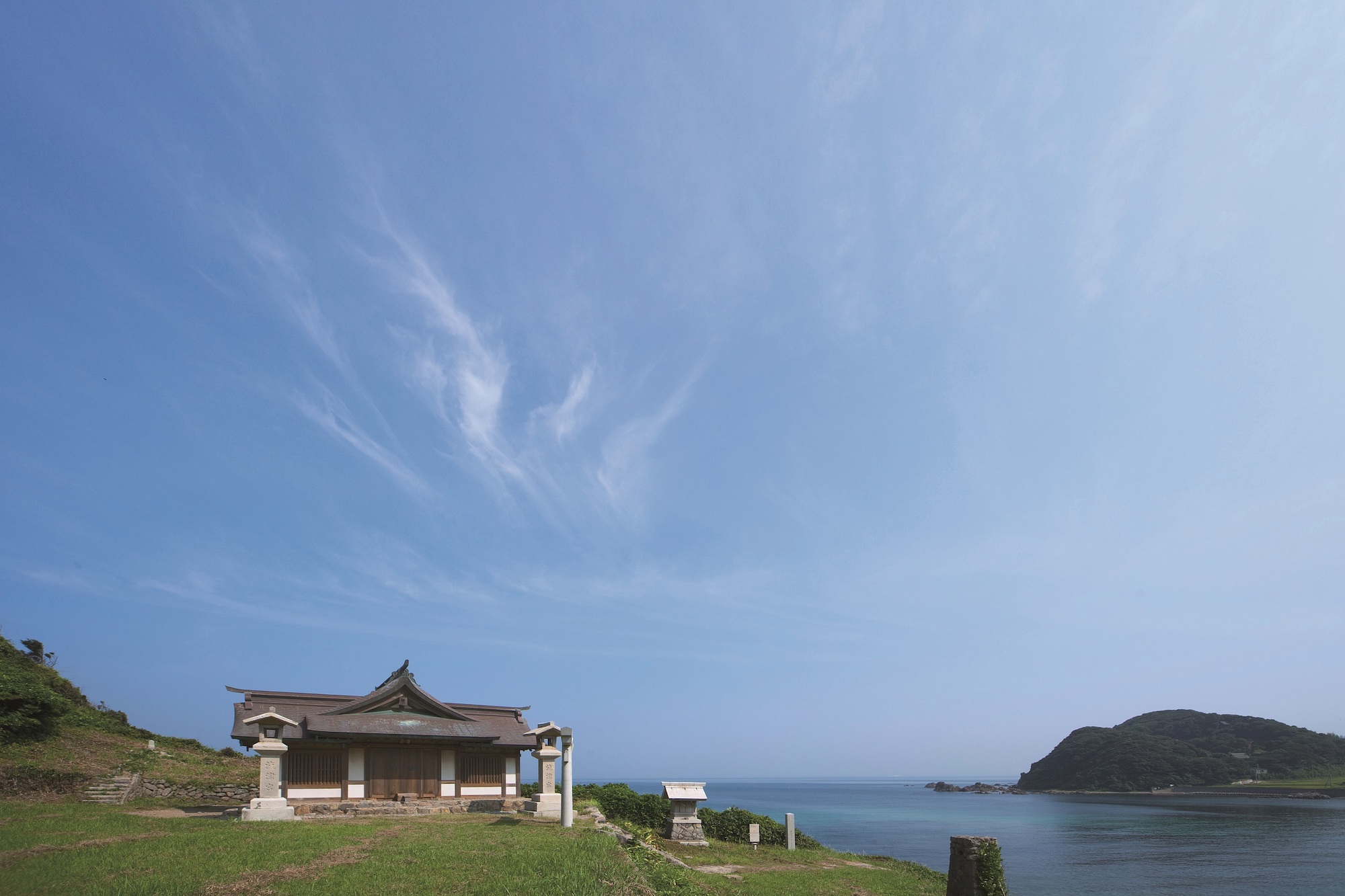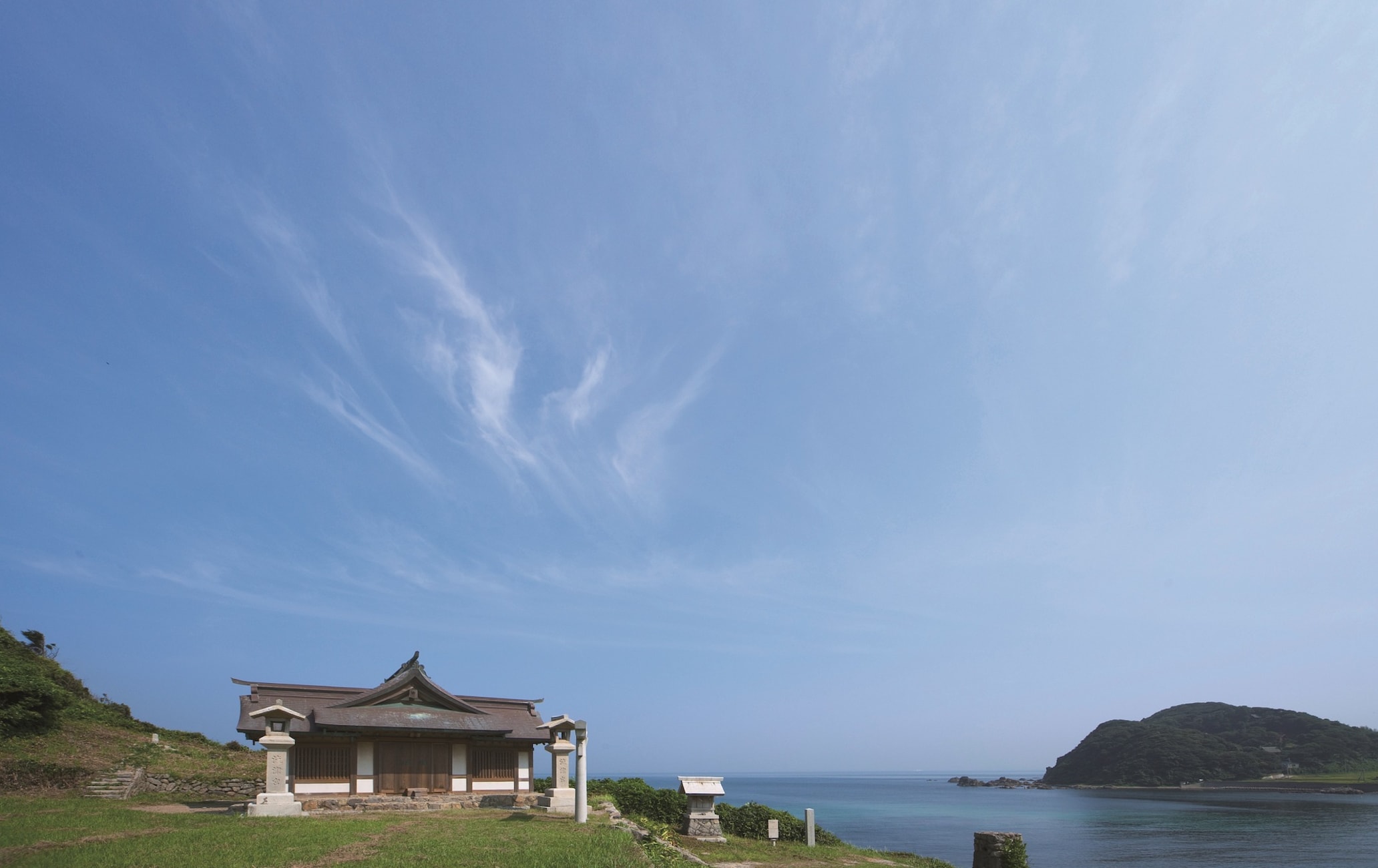Une île sacrée empreinte de mystère et de rituels
Un moine solitaire vit sur Okinoshima, une île classée au patrimoine mondial de l'UNESCO, située à environ 60 kilomètres de la côte de la préfecture de Fukuoka . Les visiteurs sont formellement interdits sur l'île.
Okinoshima fait un peu moins d'un kilomètre carré mais sa place dans l'histoire du Japon dépasse de loin ses dimensions physiques.
Anecdotes
L'habitant solitaire de l'île est l'un des quelque 24 prêtres shinto qui passent 10 jours ici, à prier et à protéger les lieux de tout intrus
Comment s'y rendre
L'île n'est desservie par aucun moyen de transport public.
Une histoire classée au patrimoine mondial
Okinoshima abrite l'un des trois sanctuaires Munakata Taisha en lien avec Munakata et est généralement interdite au public.
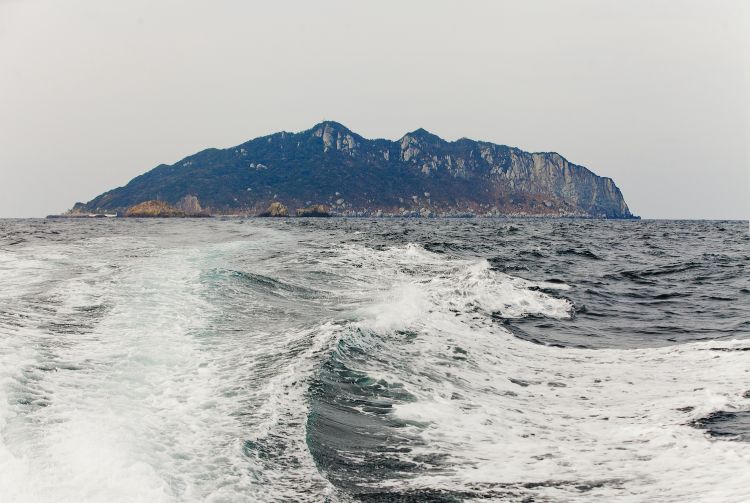
Preservation and Utilization Council of "Sacred Island of Okinoshima and Associated Sites in the Munakata Region"
Le sanctuaire de Munakata Taisha
Le seul habitant de l'île est un moine employé par le complexe Munakata Taisha pour maintenir le sanctuaire Okitsu-gu, situé au sud-ouest de l'île. Le sanctuaire fut construit au milieu du XVIIe siècle et s'est maintenu quasiment dans le même état jusqu'en 1932, année de sa dernière reconstruction.

Preservation and Utilization Council of "Sacred Island of Okinoshima and Associated Sites in the Munakata Region"
De nombreux artefacts
L'île est inscrite au patrimoine mondial de l'UNESCO depuis le 9 juillet 2017 avec les deux autres sanctuaires Munakata associés à la ville de Munakata .
Près de 80 000 objets apportés d'outre-mer en guise d'offrandes ont été trouvés sur l'île, certains datant des premiers millénaires, puisque l'île était autrefois un lieu de commerce fréquenté sur le trajet entre la Corée du Sud et la préfecture de Fukuoka .
Parmi les artefacts se trouvent des anneaux d'or de la péninsule coréenne. Depuis leur découverte, ces objets ont été désignés trésors nationaux et sont aujourd'hui abrités au sanctuaire Hetsu-miya.

Preservation and Utilization Council of "Sacred Island of Okinoshima and Associated Sites in the Munakata Region"




























